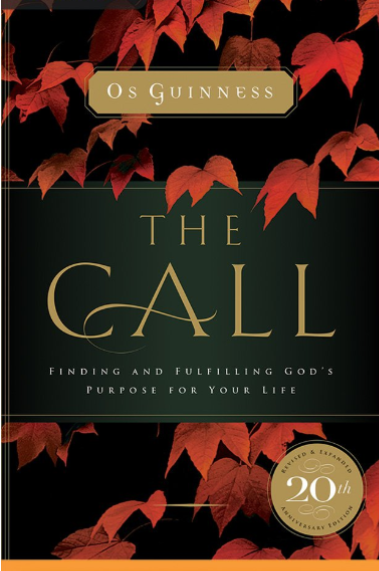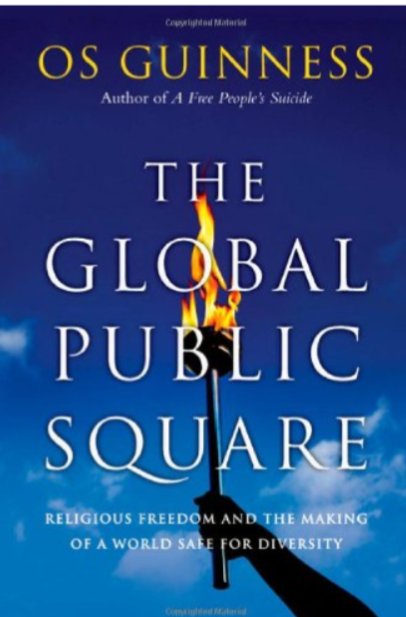The church in the West is at a critical moment. While the gospel is exploding throughout the global south, Western civilization faces militant assaults from aggressive secularism and radical Islam. Will the church resist the seductive shaping power of advanced modernity? More than ever, Christians must resist the negative cultural forces of our day with fortitude and winsomeness. What is needed is followers of Christ who are willing to face reality without flinching and respond with a faithfulness that is unwavering. Os Guinness describes these Christians as “impossible people,” those who have “hearts that can melt with compassion, but with faces like flint and backbones of steel who are unmanipulable, unbribable, undeterrable and unclubbable, without ever losing the gentleness, the mercy, the grace and the compassion of our Lord.” Few accounts of the challenge of today are more realistic, and few calls to Christian courage are more timely, resolute―and hopeful. Guinness argues that we must engage secularism and atheism in new ways, confronting competing ideas with discernment and fresh articulation of the faith. Christians are called to be impossible people, full of courage and mercy in challenging times.

The Call: Finding and Fulfilling the Central Purpose of Your Life (20th Anniversary Edition)
Expanded with four additional chapters, in this new 20th Anniversary Edition, The Call continues to stand as a classic, reflective work on life’s purpose. Best-selling author Os Guinness goes beyond our surface understanding of God’s call and addresses the fact that God has a specific calling for our individual lives.
Why am I here? What is God’s call in my life? How do I fit God’s call with my own individuality? How should God’s calling affect my career, my plans for the future, my concepts of success? Guinness now helps the reader discover answers to these questions, and more, through a corresponding workbook – perfect for individual or group study.
According to Guinness, “No idea short of God’s call can ground and fulfill the truest human desire for purpose and fulfillment.” With tens of thousands of readers to date, The Call is for all who desire a purposeful, intentional life of faith.

The Global Public Square: Religious Freedom and the Making of a World Safe for Diversity
How do we live with our deepest differences? In a world torn by religious conflict, the threats to human dignity are terrifyingly real. Some societies face harsh government repression and brutal sectarian violence, while others are divided by bitter conflicts over religion’s place in public life. Is there any hope for living together peacefully? Os Guinness argues that the way forward for the world lies in promoting freedom of religion and belief for people of all faiths and none. He sets out a vision of a civil and cosmopolitan global public square, and how it can be established by championing the freedom of the soul―the inviolable freedom of thought, conscience and religion. In particular he calls for leadership that has the courage to act on behalf of the common good. Far from utopian, this constructive vision charts a course for the future of the world. Soul freedom is not only a shining ideal but a dire necessity and an eminently practical solution to the predicaments of our time. We can indeed maximize freedom and justice and learn to negotiate deep differences in public life. For a world desperate for hope at a critical juncture of human history, here is a way forward, for the good of all.

The Case for Civility: And Why Our Future Depends on It
In a world torn apart by religious extremism on the one side and a strident secularism on the other, no question is more urgent than how we live with our deepest differences—especially our religious and ideological differences. The Case for Civility is a convincing and timely proposal for restoring civility in America.
